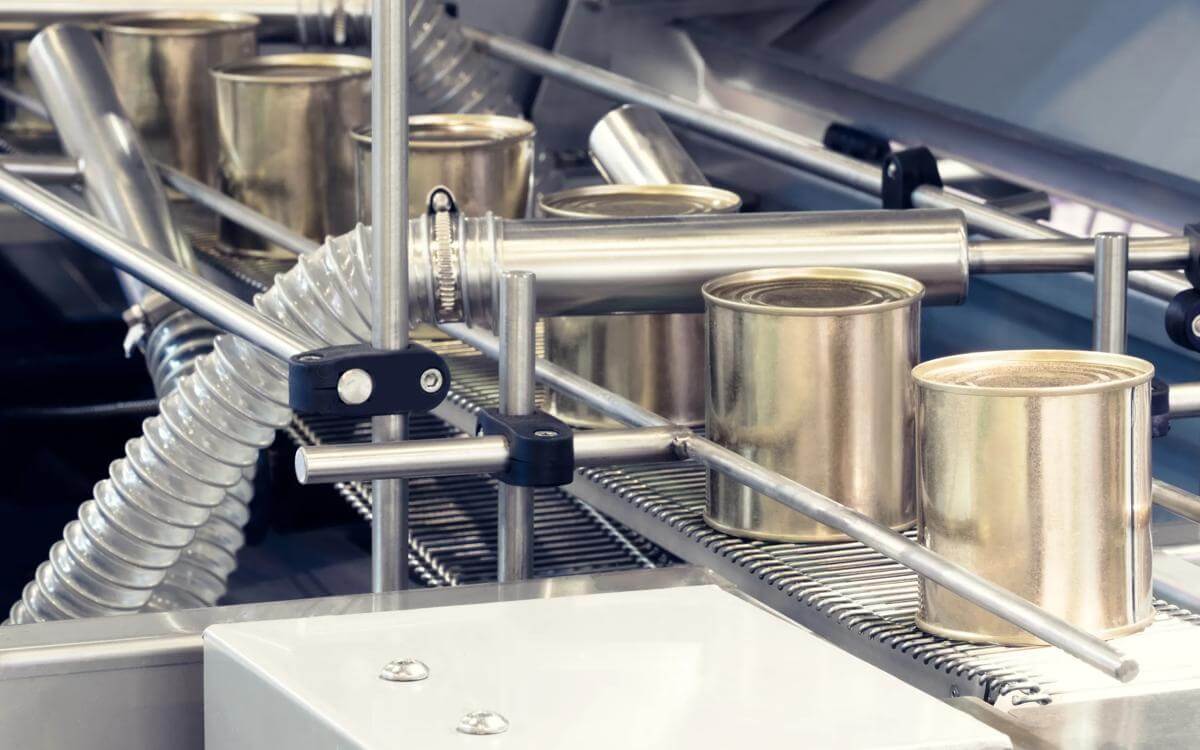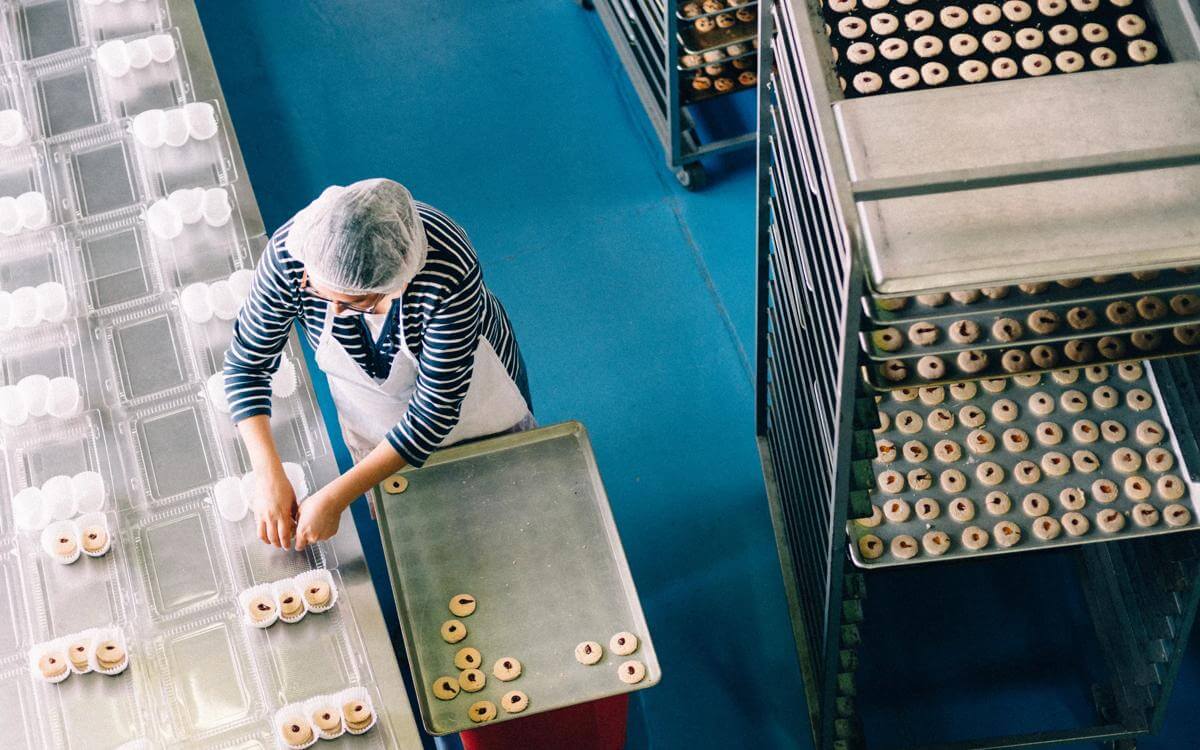In a recent decision that impacts the food and drink industry, the Court of Appeal has taken a further step in clarifying the VAT status of 'Mega Marshmallows', a popular food product.
This ruling will be important for food businesses who are uncertain if some of their products might be treated for VAT purposes as either standard rated ‘confectionery’ or zero rated ‘food’.
Background
The case, Revenue and Customs Commissioners v Innovative Bites Ltd [2025] EWCA Civ 293, has navigated through multiple tiers of the judicial system. Initially, the First-tier Tribunal (FTT) ruled in favour of Innovative Bites Ltd, allowing the product to be zero-rated for VAT purposes, rather than treated as standard rated ‘confectionery’. The FTT noted that Mega Marshmallows were marketed as a product for roasting, that the size of the product made them particularly suitable for roasting, that they were positioned in the barbecue section of supermarket aisles in the summer, and otherwise in the world foods section. On appeal by HMRC, this decision was affirmed by the Upper Tribunal (UT), which interpreted the relevant definition (in Note (5), Group 1, Schedule 8, Value Added Tax Act 1994) (Note (5)) as inclusive, suggesting that other factors could influence the classification of whether a product is confectionery or not. HMRC, however, challenged this interpretation, taking the case to the Court of Appeal.
Court of Appeal decision
On 21 March 2025, the Court of Appeal disagreed with the UT’s judgment, emphasizing the determining nature of Note (5). The court clarified that any product described as "sweetened prepared food which is normally eaten with the fingers" (as per part of Note (5)) unequivocally falls under the category of 'confectionery' for VAT purposes, barring any absurdity. This ruling dismissed the UT’s view that Note (5) served merely as a rebuttable presumption, reinstating it as a more conclusive definition.
A key issue with Mega Marshmallows revolves around the method of consumption. While Note (5) categorizes "sweetened prepared food which is normally eaten with the fingers" as confectionery, Innovative Bites Ltd has positioned their Mega Marshmallows as primarily intended for roasting on skewers over a flame, not directly eaten with fingers from the packaging. This method of consumption was central to the original argument by Innovative Bites Ltd for the product's zero-rating under VAT, and not being ‘confectionery’.
The Court of Appeal, however, hasn’t given a definitive ruling on whether Mega Marshmallows are zero rated as ‘food’ or standard rated as ‘confectionery’. Instead, it has sent the case back down to the FTT to decide on the facts if Mega Marshmallows are "sweetened prepared food which is normally eaten with the fingers": if yes, presumably the FTT would say they are VAT standard rated ‘confectionery’, following this Court of Appeal direction.
Implications
This decision is important for the food and drinks sector, particularly in the classification and VAT treatment of products which fall into the food v’s confectionery VAT debate. Companies may want to check their product marketing, descriptions and packaging which could impact how they are treated for VAT purposes. That in turn may impact pricing and market competitiveness.
Conclusion
The Court of Appeal's decision in Revenue and Customs Commissioners v Innovative Bites Ltd focused on principles of statutory interpretation in this VAT context. While that may seem a rather dry topic, by giving direction to the FTT as to how to decide the matter, the Court of Appeal has set the wheels in motion for further clarity. As the case is remitted back to a newly constituted FTT for further consideration, the food industry awaits its final outcome. This case not only highlights the complexities of VAT classification but also underscores the importance of clear statutory interpretation in tax law. As we continue to monitor this case, its outcomes will undoubtedly influence future VAT assessments in this area of the food sector.










































